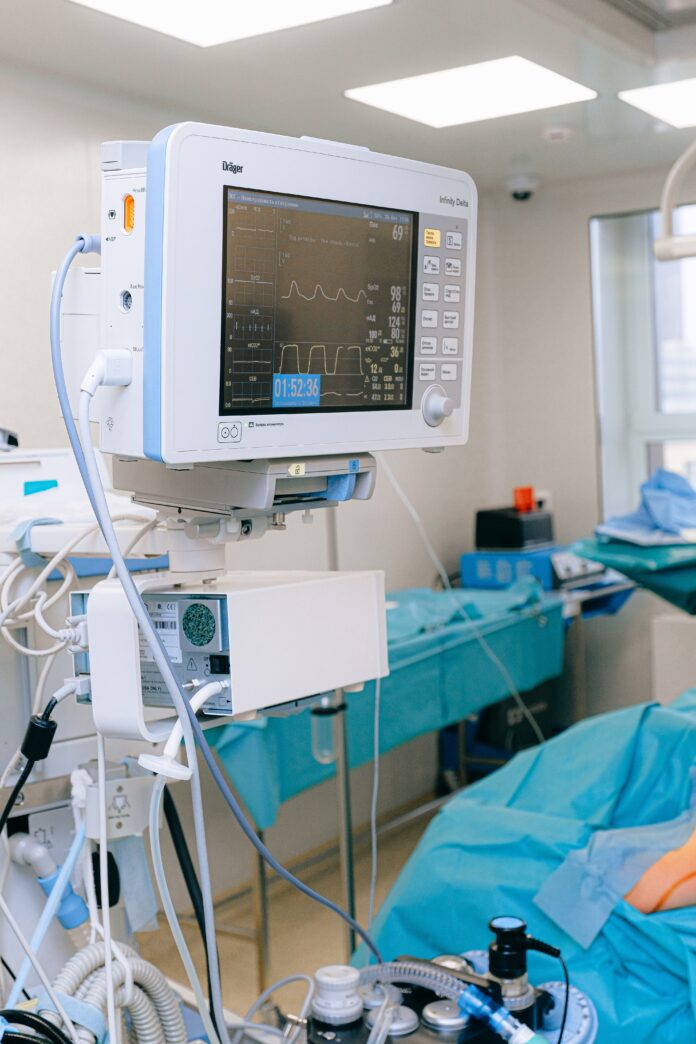Gastric bypass or bariatric surgery is becoming more and more common these days especially for seniors with diabetes. It has become a fairly routine surgery and can lead to some dramatic weight loss in a very small amount of time. Although it is a routine surgery, it is still surgery and needs to be taken care of post operation.
There are some changes to lifestyle that need to be done as well as more attention paid to certain things you used to take for granted like diet. In this article, we will go over several of the things to be aware of when you’ve had bariatric surgery.
1 – Eat a balanced diet
Since you will be eating much smaller portions than you did in the past, it is more important than ever to make sure that you are eating a balanced diet. There are some types of foods that will be off limits at least for the first few months which makes it even more difficult to make sure that you’re getting the proper nutrients.
You should be eating lean meats and lots of protein but you can’t neglect fruits and vegetables either. In fact, you should focus on vegetables that aren’t starchy since they tend to make you feel bloated anyway. This means that you’re likely to have a more balanced diet when you stick with things like spinach, broccoli, and green beans.
Since it can be difficult to get the proper nutrition, it’s a good idea to take Bariatric Fusion complete chewable multivitamin to make sure you’re getting what you need in your diet.
2 – Exercise
Even though you are going to see a lot of weight dropping off very quickly, this doesn’t mean that you don’t have to exercise. In fact, exercise is going to be the key to how well you respond to the surgery and keep the weight from coming back.
Once you’ve healed from the surgery it is time to start getting back into action and begin a workout routine. Start out slow by doing some walking and bicycling to get used to being active again.
Since you have likely lost some muscle mass it is important to add strength training into the mix. Do some resistance training with weights and using your own body weight.
3 – Avoid alcohol and caffeine
Both of these types of drinks will give you such a hard time that neither is worth it after your surgery.
For example, caffeine will make it difficult to absorb nutrients which is already a big challenge when you have this surgery anyway. Not only that, but the acid in the coffee will irritate your stomach and can even cause you to get dehydrated due to its diuretic properties.
Alcohol is even worse as the effects can be quite serious. Your metabolism is going to be completely different and also very fast. You are likely to absorb the alcohol into your system much faster and get very drunk as a result. Your body is also completely different now so how it used to react to alcohol is not going to be the same. You could end up overdrinking very easily whereas before you could handle more alcohol.
























